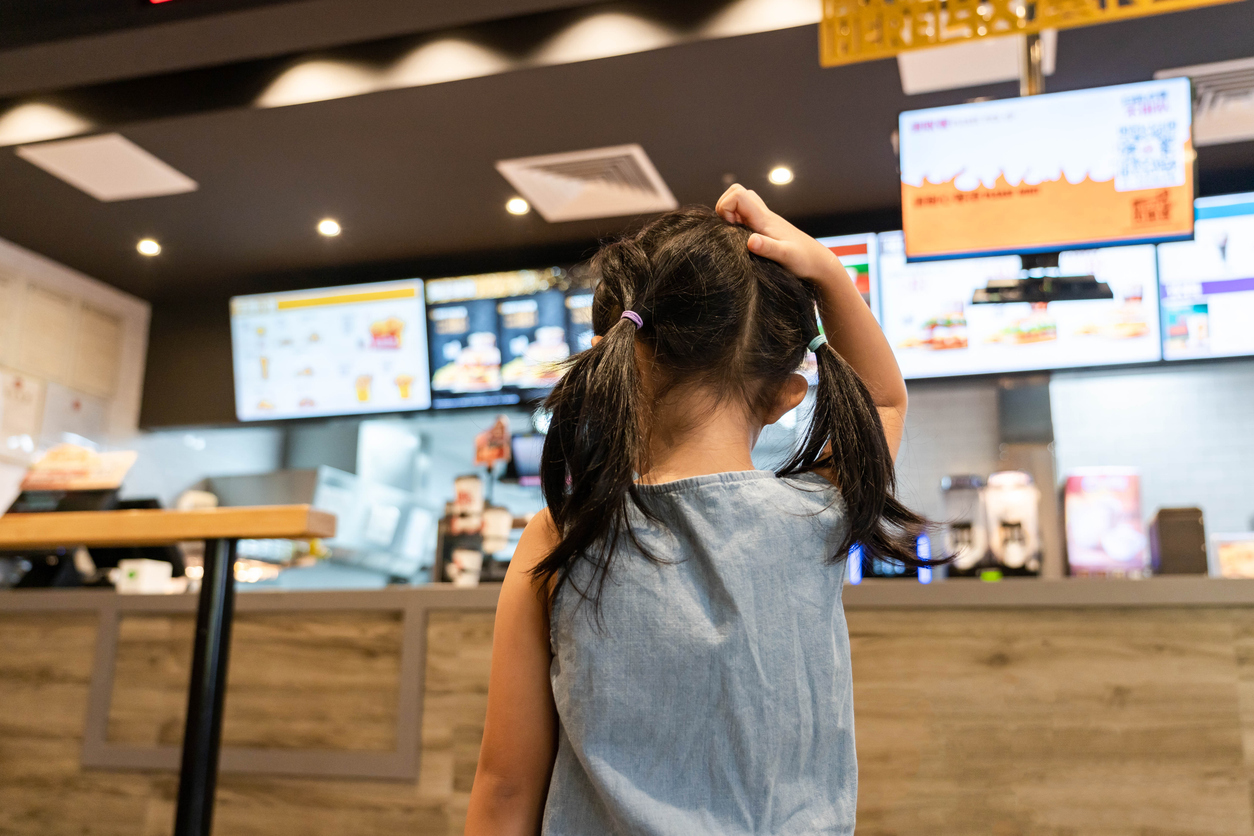Running a successful restaurant has never been more challenging. From unpredictable customer flow to rising food costs and staffing headaches, restaurant leaders need every advantage they can get. That's where artificial intelligence comes in – not as a futuristic concept, but as a practical solution that's already helping brands of all sizes tackle their biggest pain points: streamlining operations, reducing waste, optimizing staffing, and creating the kind of personalized dining experiences that keep customers coming back.
In this article, we'll explore how forward-thinking restaurants are using AI to solve real-world challenges and drive profitability without losing the human touch that makes the hospitality industry special.
Key Benefits Of AI Tools For Restaurants
AI tools help restaurants improve their operations in terms of efficiency, customer experience, management, and resources, which increases profitability and leads to a better customer experience. Some important benefits of AI tools include:
Efficient Reservation System
Reservation systems powered by AI enable an efficient restaurant reservation approach, meaning guests will not have to wait to be served. From these systems, restaurants can estimate busy periods, control the number of customers willing to be served, and optimally allocate seats. Dining pattern analysis is therefore helpful to managers in staff deployment to improve service delivery by reducing the time staff takes to attend to consumers during peak hours.
Enhanced Customer Experience
AI assists restaurants in crafting one-to-one communications because customer behavior and preferences can be tracked. This technology personalizes the menu, thus increasing customer satisfaction. Moreover, the analysis of customer reviews facilitated by AI helps the managers change and develop the services, which makes the customers feel appreciated in eating places. This approach also assists in ensuring that the client comes back for subsequent business, which ultimately makes the brand more popular over time, hence profitability.
Streamlined Operations
Self-checkouts through AI automate several tasks like taking orders, managing the kitchen, and even developing the roster for employees. AI tools make work easier by prioritizing the jobs, encouraging teamwork, reducing the likelihood of mistakes, and controlling interference. When used to eliminate redundancies, business processes can direct their resources better when implemented through automation to enhance the productivity of restaurants, hence, quality service delivery.
Cost Reduction
AI benefits restaurants by decreasing their operating expenses and controlling the costs related to human resources, food waste, and energy usage. The restaurant business can adopt the concept of automation to minimize the use of many big staff, thus cutting down on personnel expenses. Using AI tools, waste can be monitored, and ordering processes may also be controlled to prevent extra costs. Moreover, AI can track energy consumption, and this way, managers can also select energy-saving options that will reduce operational costs even more.
Data-Driven Decision Making
One of today’s foundational tools for restaurant operations is AI data-driven decisions. Customer records and sales and performance indices are analyzed through AI systems. By doing so, restaurant owners have essential information to help them strategically change the menu, prices, and promotions. New menu decisions are more informed, so restaurants can maintain competitive relevance based on actionable insights regarding their customer base.
Popular AI Tools For Restaurant Management
Some of the most common AI applications that can help run a restaurant are reservation systems, inventory, CRM, and point-of-sale systems. These tools are meant to enhance customer relations, increase productivity, and ultimately improve overall profitability. Here is a brief overview of popular AI tools that aid restaurant management:
Reservation And Table Management Systems
Self-ordering increases the table turnover rate and decreases the waiting time, as recorded from the client’s perspective. They update bookings in real time, show seat availability, and confirm reservations. From the booking data, they can manage space so that all tables are occupied by customers while avoiding lengthy waiting times within the most congested periods.
Inventory Management Solutions
AI in inventory management for restaurants monitors the balance stock level, predicts demand, and reduces waste. Other AI tools generate data from previous experiences and trends to determine the required stock and, as a result, avoid overstock and spoilage. These systems promote sustainability and control spending since they will allow restaurants to order only what is needed to meet predicted sales.
POS Systems With AI Capabilities
Technological advancements in POS include benefits such as customer profiling, online/fast transactions, and insightful sales trend analysis. The developed systems also assist restaurants in noticing consumer spending habits and thus make it possible to fine-tune their menu services and prices. Software like Toast and Square leverage artificial intelligence for POS to make those critical decisions, enhancing profitability following clients’ satisfaction regarding menus and other financial aspects.
Customer Relationship Management (CRM) Tools
CRM using AI boosts customer relationship management by analyzing customers’ data to develop promoting factors. Through AI CRM systems like Salesforce and HubSpot, restaurants can segment their audience and give them special promotions based on their buying behavior. This approach gives more credence to the end product since clients are impressed with personalized treatment and would be loyal customers.
Staff Management Software
An information system that deals with staff management includes aspects of artificial intelligence in scheduling, performance tracking, and notification of changes. Human resources management tools enable scheduling to avoid time contradictions and increase employee satisfaction. These tools can also be useful in assessing the employees’ performance understanding, which can bring to the realization of strengths and areas requiring change since providing better conditions increases the chances of retention, thereby enhancing morale.
Voice Ordering
AI voice ordering is already having a noticeable impact on restaurant operations, delivering a quicker way to order food and make reservations. Customers can order food or book a table using only their voice. Staff can handle requests while they are occupied with other tasks. It also improves customer and employee satisfaction due to reduced waiting time for fulfilling requests.
AI Phone Answering
Phone voice recognition systems are useful in receiving and responding to calls, sharing information, and receiving bookings from callers. This technology relieves staffing pressures, contemplates restaurant calls, even during the busiest periods, and boosts customers’ satisfaction by providing prompt replies without delays.
Challenges And Considerations Of AI Tools for Restaurant Management
There are several challenges and factors to consider when deciding to incorporate AI tools with your restaurant management systems. These challenges and considerations include:
Cost of Implementation
When integrating AI systems in fast-food restaurant establishments for the first time, the purchasing of technology, installation, and training costs may be huge. Also, recurrent costs within the systems, software upgrades, and other expenses enhance the investment costs. However, compared to such costs, these might appear extremely high. Yet, AI has the potential for high and lasting returns on investment in the long term, as well as cutting on labor and optimizing the process in terms of working efficacy.
Impact on Employment
AI breakthroughs in fast-food restaurants present the possibilities and risks to employment. Knowledge empowered by advanced technology can deny people conventional jobs, such as cashiers and cooks. However, new roles can be identified in specialized technology maintenance and monitoring. Both job shift and workforce issues need to be addressed while increasing the automation level in fast food restaurants as they grow amid the usage of AI.
Data Privacy Concerns
When implementing the use of AI in a restaurant, data privacy and security are central. Consumers’ data, such as order history and preferences, are captured by AI systems to improve the customer experience. Nonetheless, information consumers provide to fast food restaurants must be processed carefully to preserve customers’ privacy and relevance to the law. This way, the firms have strong data security measures and remain honest with the customers, while on the other side, they enjoy data analytics.
Make Your Restaurant Management More Proficient With Checkmate
AI has quickly become an essential technology for restaurants that want to stay competitive. If you're looking to streamline your drive-thru or phone ordering operations, Checkmate's voice AI solution could be a great fit. Our platform helps capture every order accurately, even during your busiest hours, freeing up your staff to focus on creating great experiences for guests. Ready to see how voice AI could work in your restaurant? Learn more about voice AI or schedule a custom demo.





